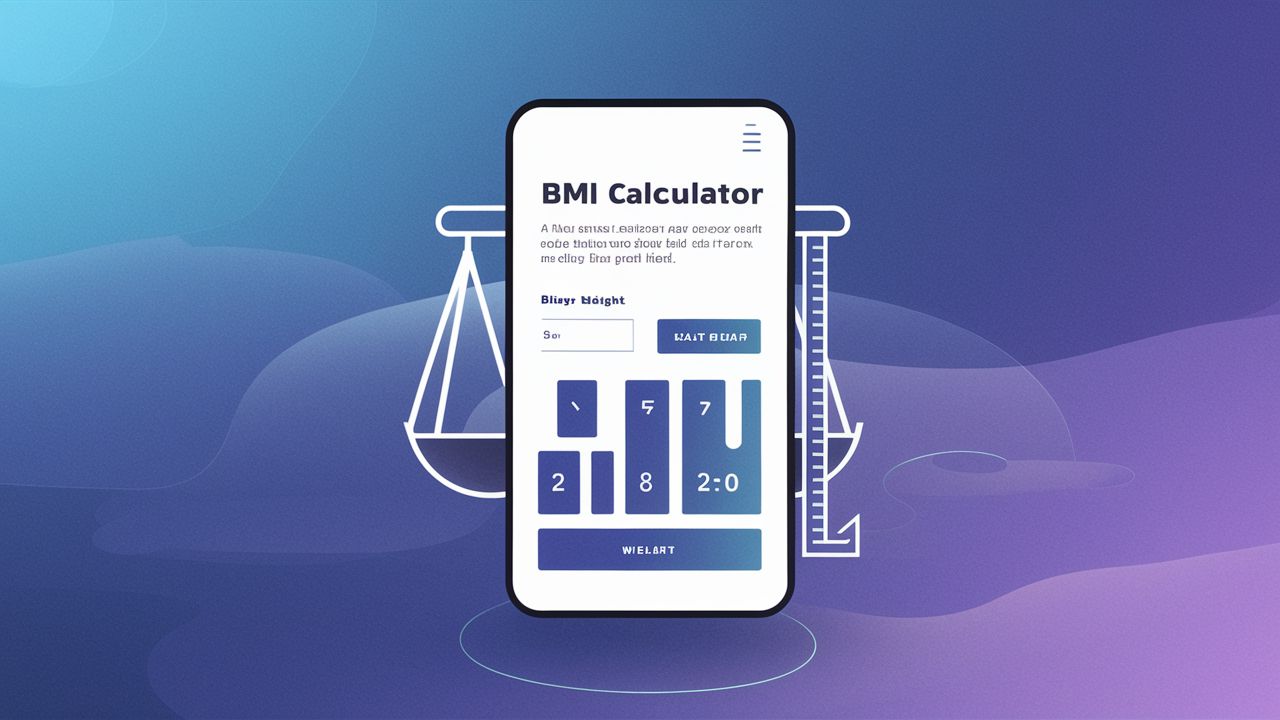In today’s health-conscious world, the term “BMI” is frequently mentioned, whether it’s in discussions about weight loss, fitness goals, or overall well-being. But what exactly is BMI, and why does it matter? Let’s delve into this essential metric and understand its significance in assessing one’s health status.
Understanding Body Mass Index (BMI)
What is BMI?
Body Mass Index, or BMI, is a numerical value derived from a person’s height and weight. It is commonly used to assess whether an individual is underweight, normal weight, overweight, or obese.
How is BMI calculated?
BMI is calculated by dividing a person’s weight in kilograms by their height in meters squared. The formula is as follows:
BMI = weight (kg) / (height (m) * height (m))
Importance of BMI
BMI serves as a crucial indicator of one’s overall health and is often used by healthcare professionals to evaluate potential health risks associated with weight.
Health implications
Maintaining a healthy BMI is linked to a reduced risk of various chronic diseases, including diabetes, cardiovascular diseases, and certain cancers.
Disease risk assessment
BMI helps in identifying individuals who may be at a higher risk of developing obesity-related health conditions, allowing for early intervention and preventive measures.
Ideal BMI Range
BMI categories
BMI categories include underweight (BMI < 18.5), normal weight (BMI 18.5-24.9), overweight (BMI 25-29.9), and obese (BMI ≥ 30).
Healthy weight guidelines
A BMI within the normal weight range is generally considered optimal for overall health and well-being.
How to Calculate BMI
Formula for BMI calculation
To calculate BMI manually, one needs to know their weight in kilograms and height in meters. Alternatively, online BMI calculators provide a convenient way to determine BMI instantly.
Using online BMI calculators
Numerous online tools and mobile applications are available to calculate BMI quickly and accurately, requiring only input of weight and height data.
Interpreting BMI Results
Underweight, normal weight, overweight, and obesity
BMI results are interpreted based on established categories, with each range indicating a different weight status.
Limitations of BMI
Muscle mass vs. fat mass
BMI may not accurately reflect body composition, as it does not distinguish between muscle mass and fat mass.
Ethnic and gender differences
BMI standards may not be applicable to all populations, as factors such as ethnicity and gender can influence body composition and health outcomes.
Factors Influencing BMI
Genetics
Genetic predisposition plays a significant role in determining an individual’s susceptibility to weight gain and obesity.
Lifestyle factors
Dietary habits, physical activity levels, and other lifestyle factors greatly influence BMI and overall health.
Tips for Maintaining a Healthy BMI
Balanced diet
Consuming a balanced diet rich in fruits, vegetables, whole grains, and lean proteins promotes weight management and overall health.
Regular exercise
Incorporating regular physical activity into daily routines helps burn calories, build muscle mass, and maintain a healthy BMI.
BMI and Health Conditions
Diabetes
High BMI is associated with an increased risk of developing type 2 diabetes, highlighting the importance of weight management in diabetes prevention and management.
Heart disease
Elevated BMI levels are linked to a higher incidence of cardiovascular diseases, emphasizing the need for maintaining a healthy weight to reduce heart disease risk.
BMI for Children and Teens
Growth charts
Pediatric growth charts are used to monitor children’s BMI and track their growth and development over time.
Pediatric BMI calculation
BMI calculation for children and teens takes into account age and sex-specific percentiles to determine weight status accurately.
BMI Trends and Statistics
Global obesity rates
Rising obesity rates worldwide underscore the importance of addressing weight-related issues and promoting healthy lifestyles.
Impact of BMI on healthcare
BMI influences healthcare systems globally, with obesity-related diseases imposing significant economic burdens on societies and healthcare providers.
BMI Calculator: Tools and Resources
Mobile apps
Various mobile applications offer BMI calculators along with additional features such as tracking weight loss progress and setting fitness goals.
Web-based calculators
Numerous websites provide free BMI calculators accessible to anyone with internet access, offering a convenient way to monitor and manage weight.
Conclusion
In conclusion, understanding your Body Mass Index is essential for assessing your overall health and minimizing the risk of obesity-related diseases. By maintaining a healthy BMI through proper nutrition, regular exercise, and lifestyle modifications, individuals can optimize their well-being and longevity.
FAQs (Frequently Asked Questions)
- What is BMI, and why is it important?
- BMI, or Body Mass Index, is a numerical value derived from weight and height measurements, used to assess one’s weight status and health risks associated with weight.
- How often should I calculate my BMI?
- It is recommended to calculate BMI periodically, especially when undergoing weight loss or gain efforts, to track progress and adjust lifestyle habits accordingly.
- Can BMI accurately assess body composition?
- While BMI provides a general indication of weight status, it may not accurately reflect body composition, particularly in individuals with high muscle mass.
- Are there any limitations to using BMI?
- Yes, BMI has limitations, such as not accounting for factors like muscle mass, ethnicity, and gender, which can affect its accuracy in certain populations.
- What should I do if my BMI indicates overweight or obesity?
- If your BMI indicates overweight or obesity, it’s essential to consult with a healthcare professional for personalized guidance on weight management strategies and lifestyle modifications.

